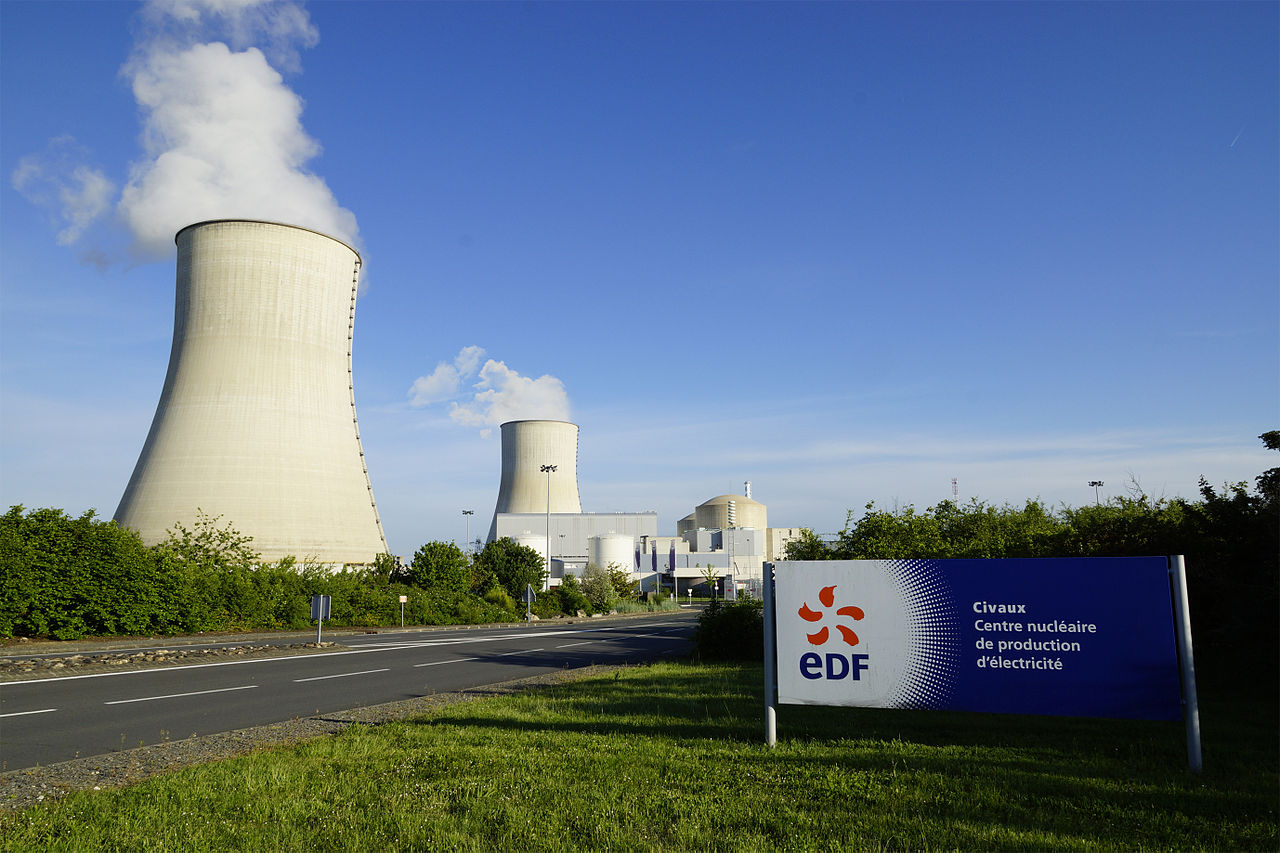
Shares in French electricity giant EDF fell 13% today on the news that it would shut down nuclear reactors after a scheduled, ten-yearly inspection at its Civaux plant in western France found pipe defects close to the welds on the safety injection circuits (SISs) of Civaux reactors 1 and 2.
The SIS is a back-up circuit that, in the event of an accident, allows borated water to be injected into the reactor core in order to suffocate nuclear reaction.
EDF said it would extend the shutdown at Civaux, in the Vienne department of the Nouvelle-Aquitaine region, to replace the affected parts of the reactors.
But because another of its nuclear plants uses the same system in Chooz, northeastern France, EDF is shutting down its two reactors, as well. Chooz reactor 2 will be shut down today (16 December) and number 1 will be shut down on Saturday 18 December.
EDF said the extension of Civaux’s outage and the Chooz shut down will result in a loss of about 1 TWh by the end of the year, leading the company to revise its EBITDA estimate downward.
Approving EDF’s approach, the French nuclear safety authority, ASN, said it was first informed by EDF of the problems on 21 October.
Yesterday, EDF told ASN that the first metallurgical surveys carried out on the removed pipes from Civaux reactor 1 had revealed the presence of cracking resulting from stress corrosion.
“EDF is continuing its investigations in order to characterise the factors at the origin of this phenomenon and to identify the areas possibly concerned,” ASN said.
ASN, which authorises interventions, is monitoring the investigations closely with technical support from France’s Institute for Radiological Protection and Nuclear Safety (IRSN).
Comments
Comments are closed.





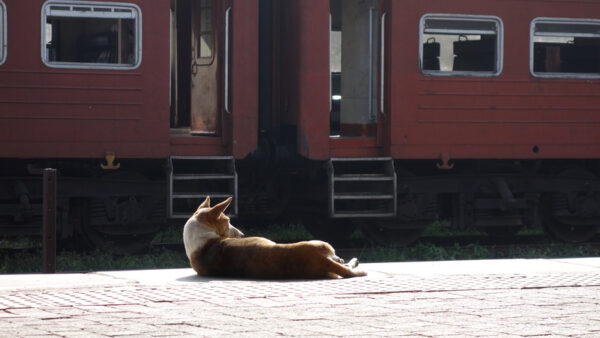
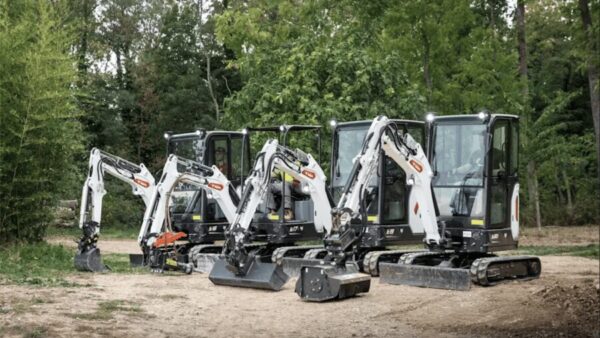
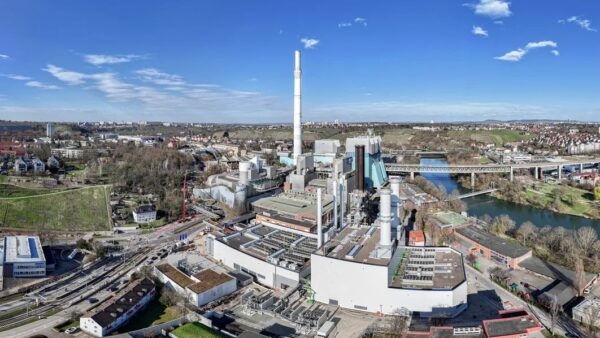

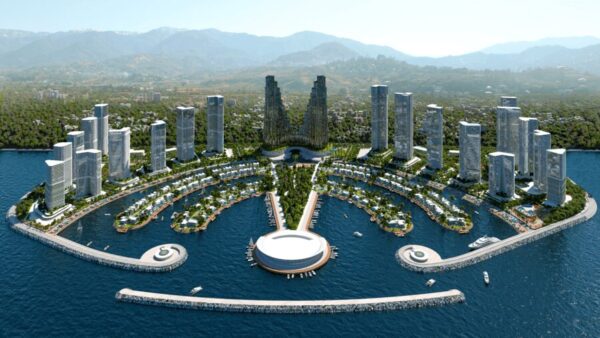
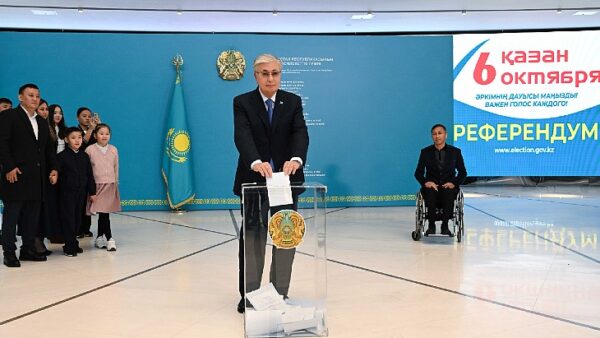
Halogen elements cause stress corrosion cracking in stainless steel pipes, and boron is a halogen, they should study the change of material of the pipes.